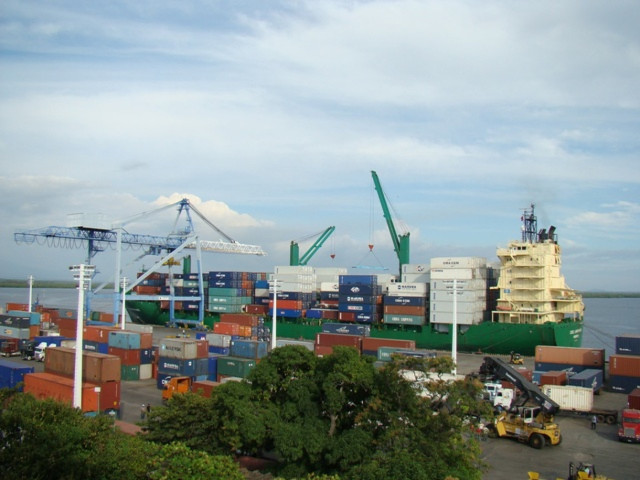Nicaragua And China Agree To Build Canal Between Pacific And Caribbean, Similar To The One In Neighboring Panama

Nicaragua may, at last, see its dream of a cross-country canal come true. President Daniel Ortega presented on Wednesday a draft law to the National Assembly that will give a Hong Kong company the contract for the construction and management of the future canal for 50 years. The Assembly, which is largely controlled by Ortega’s Sandinista Front, approved the project a day later, over objections from the opposition.
The project, which will be controlled by the newly formed HK Nicaragua Canal Development Investment Co. Ltd., includes an inter-oceanic canal, an oil pipeline, a “dry canal” freight railroad, two deep-water ports, two airports, and a series of free-trade zones. “After so many centuries fighting for this canal to come true, at last we are approaching that historic moment for the Nicaraguan people,” Ortega said in a press conference on Wednesday night, as reported by local newspaper El Nuevo Diario. The Associated Press reported that supporters of the project believe it would take about 11 years to complete it, and that it will create about 40,000 construction jobs. The project will come with an investment of $40 billion, which will be distributed in $10 million annual payments from the Chinese company to Nicaragua during the first decade.
The Chinese will then pay a share of canal revenues -- beginning at 1 percent and rising to an unspecified percentage over the 50-year contract. Once the contract is over (50 years, renewable for other 50 years), the Chinese company would have to turn over to the Nicaraguans the ownership of the entire canal infrastructure. Analyst have said that the project could capture 4.5 percent of world maritime freight traffic, and double the GDP of Nicaragua, currently one of the poorest countries in Latin America, according to ABC News.
“This is a great project that has the potential to transform international trade and bring significant economic and social benefits to Nicaragua, their neighbors and Latin America,” HK Nicaragua company spokesman Ronald Maclean-Abaroa said Monday on its website. However, not everybody is pleased.
Opponents of the plan point out that every key detail of the project remains a mystery: The sources of funding, Nicaragua’s share of the profits, and the route it would take from ocean to ocean. “There is no defined path, we can’t measure the degree of seriousness of the project,” said opposition lawmaker Javier Vallejos in the Assembly. “This is putting the cart before the horses.”
Other opponents question the high cost of the project, which would be 25 times the size of Nicaragua’s current annual budget, in a country where almost half of the population lives in poverty. “Why all the rush in approving a law that will be in power for a century or longer? Whose interest is it responding to?” wondered Assembly analyst Oscar Carrión to Spanish newspaper El País.
The Private Company Coalition of Nicaragua (COSEP, for its name in Spanish) claimed that the draft law cannot come into full effect until the route of the future canal is established, and not until compensation for the current landowners is determined. Assemblyman Brooklyn Rivera raised the question of the indigenous population, who, according to Nicaraguan law, need to be consulted if their lands are going to be used by the canal, Nicaraguan newspaper La Prensa reported.
However, another question not yet addressed by opponents to the project is whether Central America really needs two canals -- given that Panama’s historic passage is less than 800 miles away from the proposed canal in Nicaragua. Panama is nearing the end of a seven-year, $5.2 billion expansion to allow bigger ships to use its canal. The project is scheduled to finish next year.
Follow me on Twitter: @PReyMallen
© Copyright IBTimes 2025. All rights reserved.





















